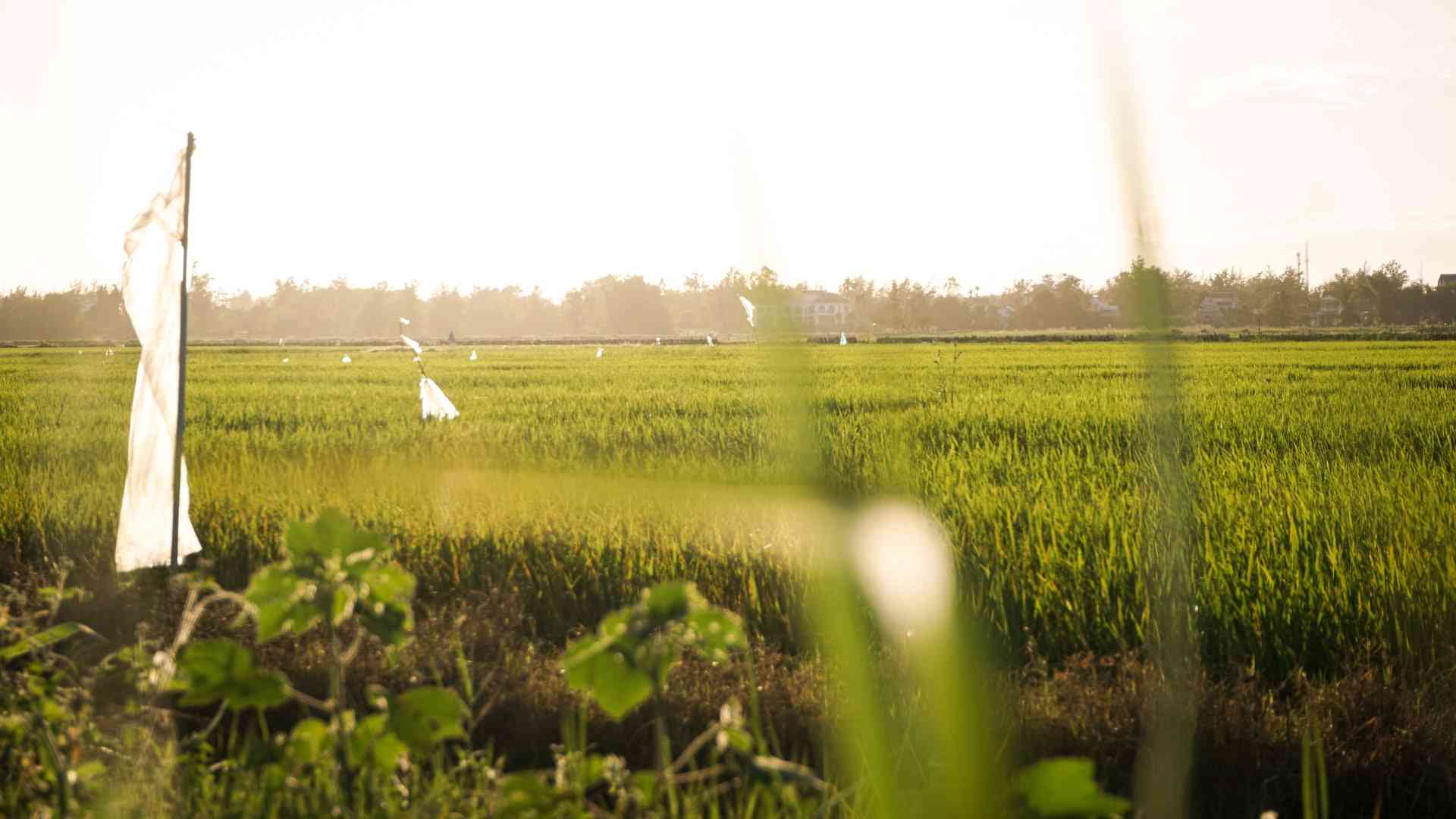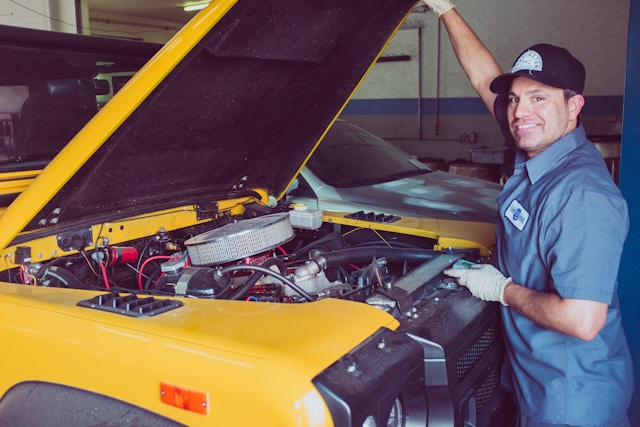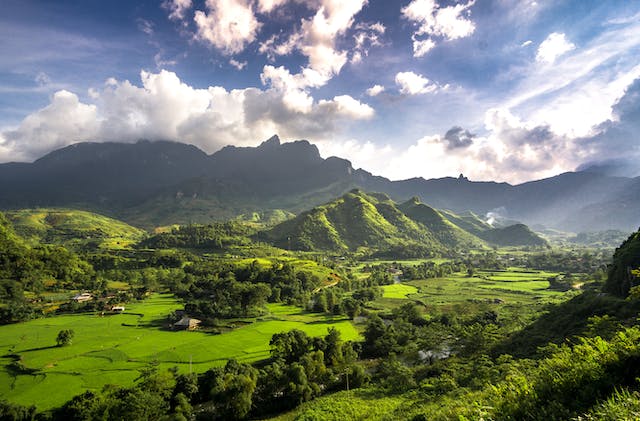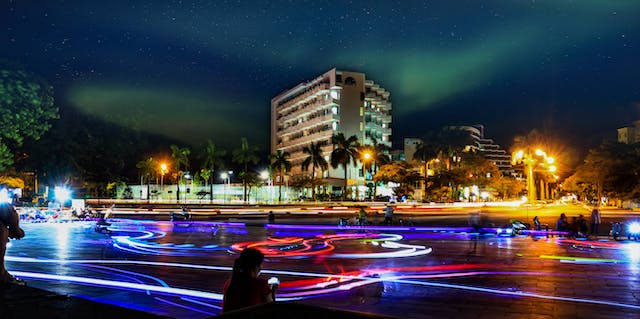

Vietnam is currently pursuing an ambitious plan to become a global agricultural powerhouse by 2030. According to Government Resolution 53/NQ-CP, the country has to rank among the world’s top 15 most developed agricultural countries, as well as a global hub for agricultural logistics and processing.
Vietnam’s agriculture sector is targeting gross domestic product (GDP) growth of 2.9-3% and export value of agricultural, forestry and fishery products of USD 42 billion in 2020. The sector will also have two major goals this year, including developing agricultural production and rural economy, focusing on improving the production environment and living environment to reach the standards of a new-style rural area.
Despite trade tensions and tightened regulations set by foreign markets throughout 2019, Vietnam recorded a USD 41.3 billion turnovers for agricultural and aquacultural products, rising 3.5% from 2018. The sector’s trade surplus reached a record of USD 9.9 billion, increasing 14% compared to last year.
Vietnam is a large agricultural exporter, ranked 27th in the world, of which many products are in the top groups such as rice, pepper, coffee, cashew nuts, aquatic products, rubber and furniture. It has significantly increased productivity in rice-growing over the past 15 years and become the largest rice exporter in the world, alongside the growing production value.
There were more than 2,700 newly-established agricultural enterprises in 2019, a 25.3% increase compared to 2018 and increasing the total number of agricultural businesses to 12,581. Adding to that, there were approximately 17 major agricultural projects came into operation in 2019 with the total funding of more than USD 862.3 million USD.
Agriculture is considered as one of the most important economic sectors in Vietnam. Business opportunities are also abundant at all levels of the value chain, as the application of intensive farming and advanced technologies improve its production levels.
The country’s Minister of Agriculture and Rural Development stated that a number of strategic objectives must be fulfilled in order to realise these goals.
In order to establish input material producing regions and consumption markets, Vietnam must restructure its agriculture sector with nationwide planning. High-producing regions with skilled labour forces and developed infrastructure and logistics networks should be allocated for investment, serving as growth drivers for surrounding localities.
The business environment must keep improving to help facilitate investment, particularly in agriculture, forestry and aquaculture sectors. Vietnam is required to build a long-term development strategy to attract more investment by fully exploring areas where it enjoys significant advantages such as vegetable farming, aquaculture and wood processing.
The minister also stated that Vietnam must seek to improve its products and competitiveness by supporting the formation of large enterprises specialised in agriculture, forestry and aquaculture. The government need to take measures to help farmers sell their products directly to domestic consumers and provide additional investment to develop national brands.
The country also needs significant investment in human resources to initiate the growth in its agricultural sector. A new generation of tech-savvy workers will play a key role in connecting producers to consumers to achieve greater market efficiency.

Digital Adoption in Southeast Asia’s Financial Landscape
As digital adoption continues to gain momentum, SEA's fintech industry is witnessing significant growth across various verticals.

An Overview of Global Automotive Lubricant Players
Global automotive lubricant players have adeptly tapped into the favorable digitalization demographics of the SEA countries. Leveraging the growing internet penetration and surging e-commerce sales volume, these brands have solidified their presence in the online space. This digital prowess has resulted in intense competition for new entrants seeking to navigate this thriving market.

Navigating Renewable Energy Opportunities in Vietnam
Uncover Vietnam's sustainable energy development - from LNG surges to wind prospects. Dive into dynamics, challenges, and future trajectories.

Assessing the Preparedness of Energy Transition in Vietnam
As Vietnam strengthens its industries, a heightened focus on sustainable energy development propels the rapid acceleration of energy transition.